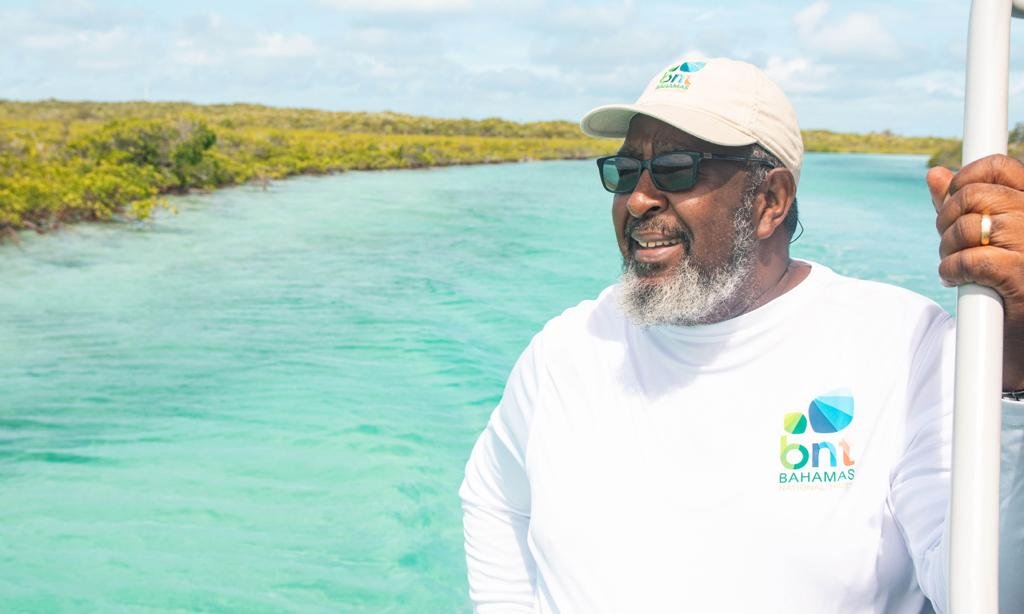NASSAU, BAHAMAS — Former Bahamas National Trust Executive Director Eric Carey suggested the Davis administration’s push for action on climate change is hypocritical while the way wait continues for the government to fix the process to obtain permits for marine and environmental research.
The permit system was enacted under the former Minnis administration. Former Minister of Environment and Housing Romauld Ferreira argued that the Biological Resources and Traditional Knowledge Act would let the country demand respect and appropriate compensation for research involving its resources.
Attorney General Ryan Pinder said earlier this year that changes will be made to the legislation.
Carey, however, suggested in a recent interview that the changes are taking too long.
“We still have not seen a return to normalcy,” he told Eyewitness News.
“We continue to advocate for the government to implement an interim program where we can continue to do research while the government finalises its announcement or planned changes to the legislation. Let’s just get on with the noncommittal science research lab. What is happening is there are a number of things that are suffering, you know, critically endangered species.”
“You can’t apply for grants. You can’t engage long-term partners.”
“It’s sort of being hypocritical when we say that, you know, we are all interested in the environment, blue carbon, climate change, and we’re not being allowed to carry out all the research and monitoring which is going to underpin all of this important research that needs to happen.”
The Biological Resources and Traditional Knowledge Act requires that researchers pay a non-refundable annual permit registration application fee of $1,500 to do research in the country and it mandates that mutual agreements and informed consent be obtained before any commercialization of genetic resources is considered.
Pinder said earlier this year that changes to the legislation will differentiate research for commercial purposes from academic or not-for-profit research.
“That legislation on the research is the biological research act was passed last year in 2021 prior to the government changing,” Pinder said.
“It’s evident that that was passed in haste, that was passed without proper consultation, that was passed without having a proper framework within the Department of Environmental Planning to manage the permits given for research and all of that has contributed as we have seen in the press to inefficiencies in supporting research in The Bahamas and issuing the proper permits.”
Pinder said: “We have sought technical advice from environmental legal experts on amendments to that piece of legislation. We have received that advice back and the Department of Environmental Protection and the Attorney General’s office is in meetings and consultations in real-time presently in order to be able to bring amendments to that legislation forward, and make it a little more user friendly with respect to the researchers while still preserving the rights it is intended to preserve for The Bahamas.”






